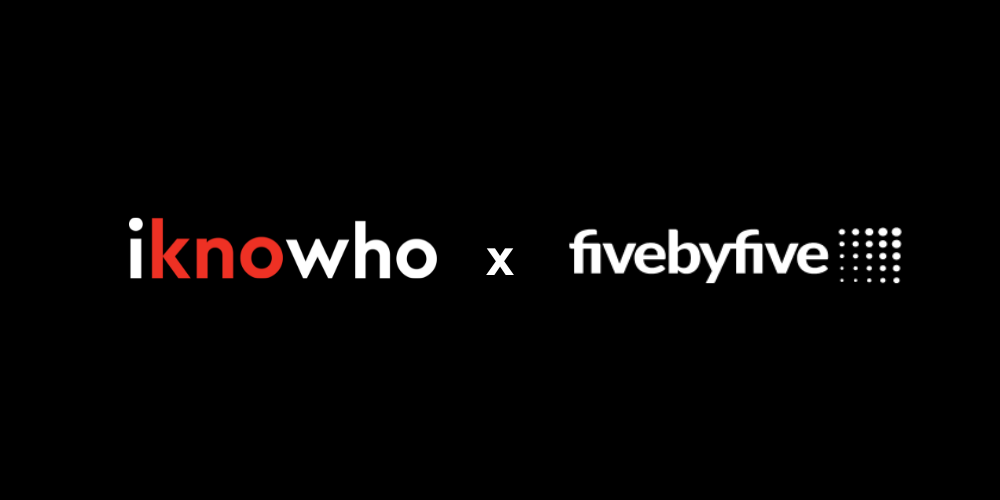Portfolios Aren’t Just for Creatives
Are you on a working holiday visa, or thinking about gaining one for Australia but unsure what to expect? I have all the answers…not quite but I have experienced the need to stay and the fear that you can’t. I did my farm work, looked for a contract job, and considering sponsorship.
Here is an insight into what it is like on a working holiday visa here in Oz -
I started in beautiful Sydney last Christmas, very different from what I was used to back in England. Boat parties, day festivals, glorious walks, lots of dinners and drinks in the sunshine. I knew from my first 6 weeks here that I wanted to stay….so I just had to work out how.
On a 417 tourist visa, you can only work for any one employer for a 6-month period. During this period you can try and get sponsored or you enjoy your first year for what it is and work for two or more different employees’. If you don’t get sponsored, but would like to stay then you must complete your 3 months of regional work. Now the rules and regulations around this are dependent on your nationality, this is would be something worth investigating.
Farming…
Took place in Bundaberg, you’ll all recognise the name from Bundaberg Rum. I picked and packed lemons, eggplants, cherry tomatoes and capsicums. I became a vegetable connoisseur after my regional work. Farming took me 4 months, as I opted for the 88 days instead of the 13-week block. You can get farming done a lot quicker if you only work on one farm. The key thing here is to have an agreement with the farmer that he will need to sign you off for the 13-week block.
What did I learn from farming? Starting at 6 am and getting back to the hostel most nights at 7 pm, taught me that I am a resilient person, who is hard working and when I am under pressure I still achieve my goals. I worked 50 days straight to meet my own 88th-day deadline. What I learned about myself on the farm are skills that I utilise every day within work, believe me, farming makes you stronger. Getting back into the office seemed like a piece of cake compared to what I was doing on the farm.
What else did I learn…that fancy dress nights are the best way to unwind and destress from farm work. How to size and pack capsicums, how to correctly pick cherry tomatoes, how to not bruise lemons. Did you know that lemons need to be picked in the afternoon because if there is moisture in the air then they are more likely to bruise?
My favourite part of farm work will always be the great people I met. I always thought your friendship circles were confined to school, university and work, that isn’t true...farmwork is another avenue to make friends. Now I get to spend another year in Australia with these great people.

If you haven’t considered doing farming then you should.
It has all been worth it, and I will be going into my tips as to how to gain a contract role, what to look out for when applying for farm work and sponsorship options in my next post, so stay tuned!










